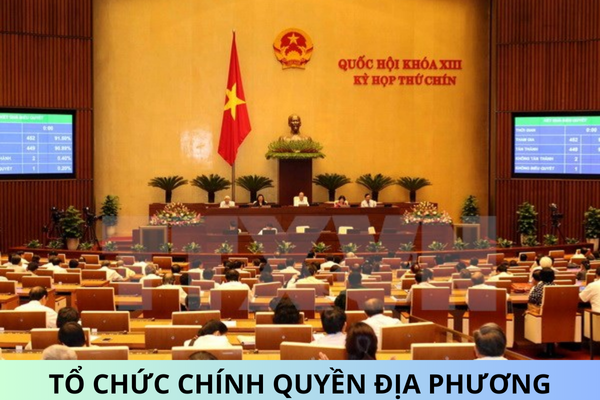Are Pregnant Civil Servants Eligible for Secondment? What Policies Apply to Seconded Civil Servants?
1. Are civil servants who are pregnant subject to secondment?
Pursuant to Article 53 of the Law on Officials 2008, the secondment of officials is regulated as follows:
Agencies, organizations, and units managing officials may second officials to work at other agencies, organizations, and units as required by duty.
The duration of secondment shall not exceed 03 years, except for certain sectors and fields as prescribed by the Government of Vietnam.
Seconded officials must comply with the work assignment of the agency, organization, or unit to which they are seconded.
Seconded officials to mountainous, border, island areas, remote, isolated areas, ethnic minority areas, and areas with particularly difficult socio-economic conditions shall enjoy preferential policies as prescribed by the law.
The agency, organization, or unit managing the seconded officials has the responsibility to arrange suitable work for the officials when the secondment period ends.
6. Female officials who are pregnant or raising children under 36 months old shall not be seconded.
Thus, officials who are pregnant will not be subject to secondment, so you will not have to perform secondment while pregnant.
2. What policies do seconded officials enjoy?
Pursuant to Article 28 of Decree 138/2020/ND-CP, the policies for officials who are transferred or seconded are as follows:
Officials holding leadership or management positions who are transferred or seconded to a new position with a lower position allowance than their current one shall retain their current position allowance for 06 months.
Agencies and organizations seconding officials are responsible for paying salaries and ensuring other benefits of the officials during the secondment period, as well as arranging suitable work for the officials when the secondment period ends.
In cases where seconded officials are assigned to work in mountainous, border, island areas, remote, isolated areas, ethnic minority areas, and areas with particularly difficult socio-economic conditions, they shall enjoy preferential policies as prescribed by the law.
Seconded officials will enjoy the policies as stipulated above.
Respectfully!










